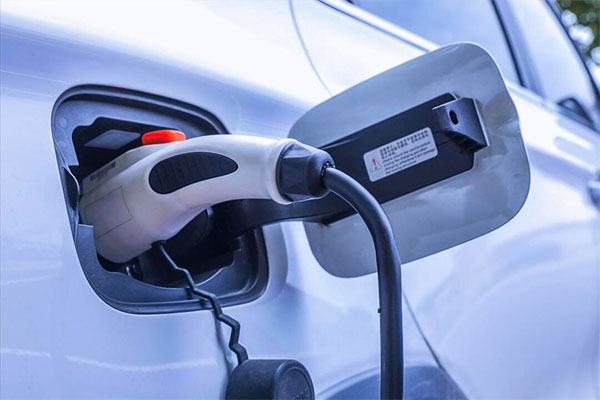
I. Introduction to the new French environmental ratings regulations
On October 10, 2023, France officially implementedNew Energy VehiclesThe new environmental scoring rules aim to strengthen environmental supervision of new energy vehicles by introducing an environmental scoring mechanism for the entire life cycle carbon footprint. The implementation of the new rules is an important part of the EU's environmental protection movement, and its impact on China's new energy vehicle industry exported to Europe cannot be ignored.
II. Main contents of the environmental rating system
1. Rating composition
The environmental score mainly consists of two parts: the vehicle carbon footprint score and the recyclable material score, of which the vehicle carbon footprint score accounts for more than 70%.
2. Vehicle Carbon Footprint Scoring Rules
The assessment of vehicle carbon footprint includes the following aspects:
? Production of ferrous metals/aluminium (including pure and alloyed aluminium) and other materials consumed in the manufacturing process.
? Production of batteries.
? Energy required for intermediate conversion and complete vehicle assembly.
? The carbon footprint of the vehicle’s transport from its assembly site to its distribution site in France.
3. Scoring Procedure
Automakers are required to submit relevant information such as vehicle manufacturing data and documents, which will be scored by the French Environment and Energy Control Agency (ADEME) according to the new calculation rules.
4. Carbon emission factor
Carbon emission factors, vehicle mass, battery capacity, transportation distance and other factors are negatively correlated with environmental scores. Using recyclable materials, bio-sourced materials, and replaceable batteries can gain up to 30% of the score, but it may increase costs.
5. Impact of environmental rating results
The new rules link environmental scores to eligibility for eco-rewards, and models with scores below 60 may lose eligibility for purchase subsidies.
III. Impact of China’s new energy vehicle industry on exports to Europe
1. Impact of market competitiveness
The new regulations may make it difficult for Chinese-made new energy vehicles to obtain purchase subsidies in the French market, thus affecting their competitiveness in the European market.
2. Differences in carbon emission factors among different countries
The carbon emission factors preset in the new regulations vary for different countries and regions. For example, the relevant factors for Asian production areas (especially China) are generally higher than those for European and American countries.
3. “Low-carbon technology” as a green trade barrier
The new regulations may affect the positioning and popularity of Chinese products in the French market through green trade barriers such as "low-carbon technology".
IV. Countermeasures
1. Strengthen policy research
Companies need to conduct in-depth research on the specific content and implementation details of France’s new regulations on subsidies for new energy vehicles, with a focus on mastering the standards and methods for calculating vehicle carbon footprint.
2. Multi-party collaborative response
Utilize the coordination platforms of international organizations such as the World Trade Organization to fight back against unreasonable preset values ??of carbon emission factors in regulations, and establish an independent environmental scoring mechanism.
3. Technological upgrading and innovation
Enterprises should actively integrate into the national industrial layout plan, adopt efficient, intelligent and recyclable battery materials and battery system technologies, and increase the proportion of clean materials used.
4. Actively adapt and develop the market
Actively adapt to new regulations, develop new energy vehicle products that meet low-carbon emission standards, and seek new market opportunities.
The implementation of France's new environmental ratings rules for new energy vehicles has brought challenges to China's new energy vehicle industry for export to Europe. Enterprises need to effectively respond to the impact of the new rules and maintain their competitiveness in the global market by strengthening research, multi-party cooperation, technology upgrades and market adaptation.


 Follow customer service WeChat
Follow customer service WeChat